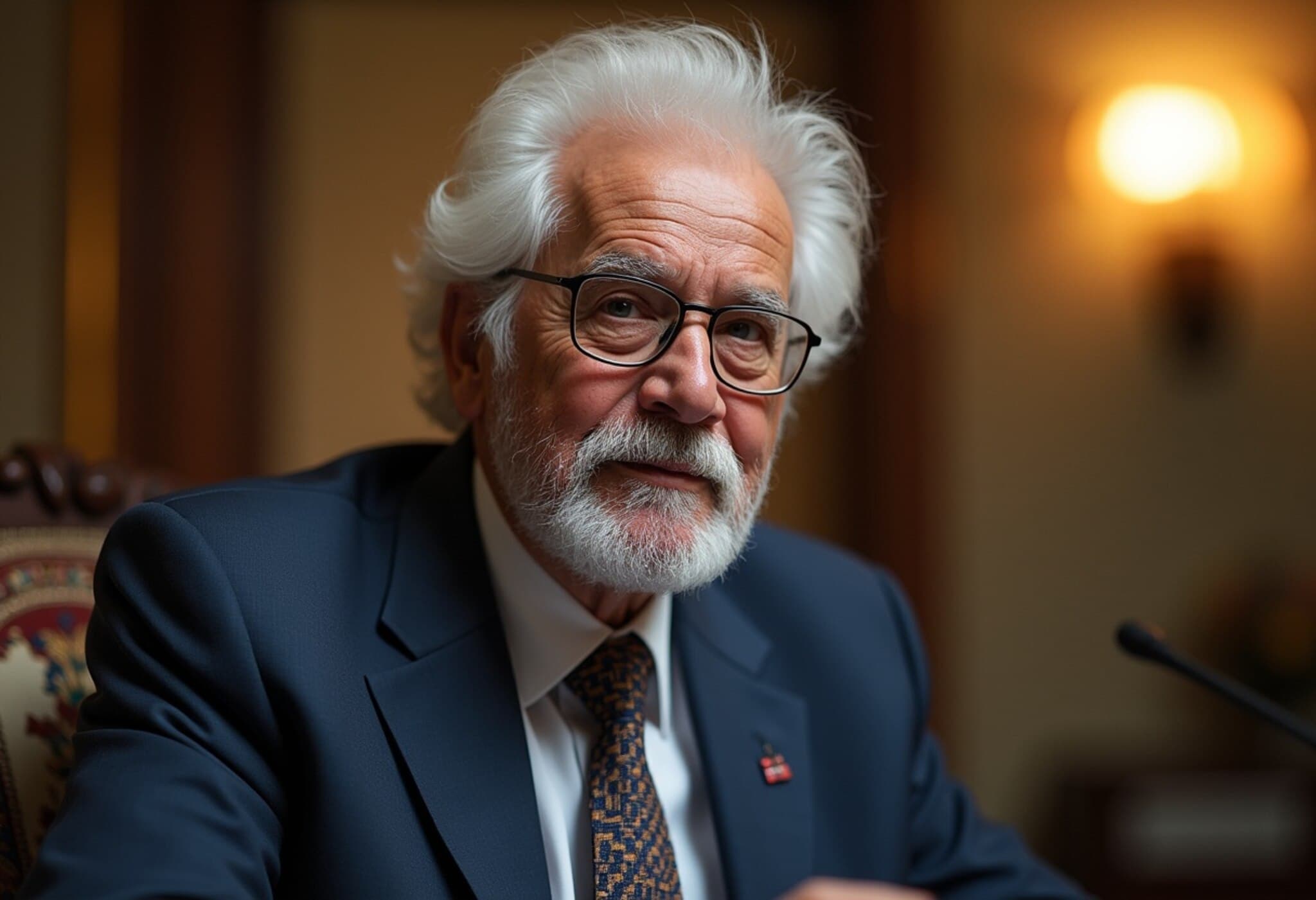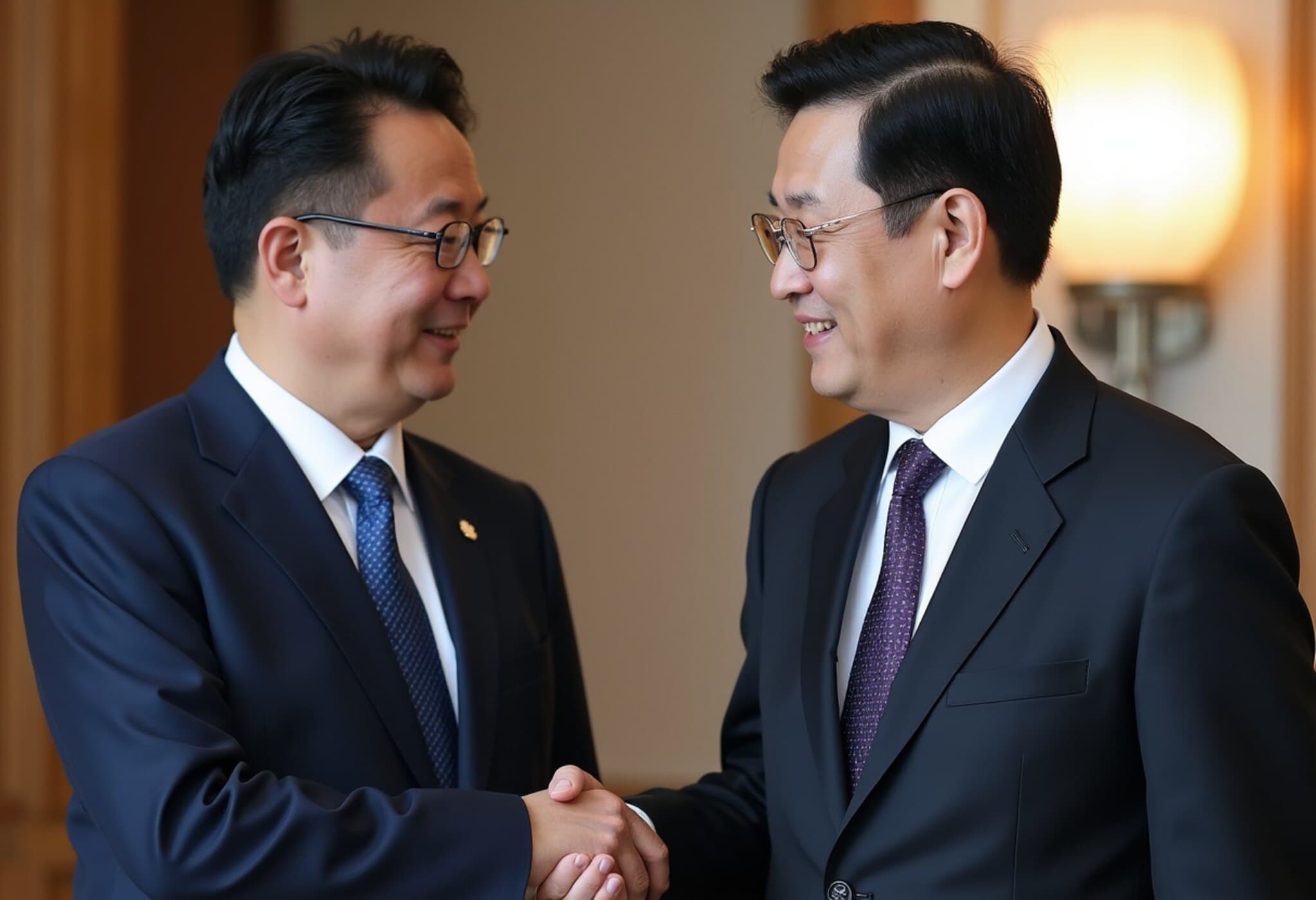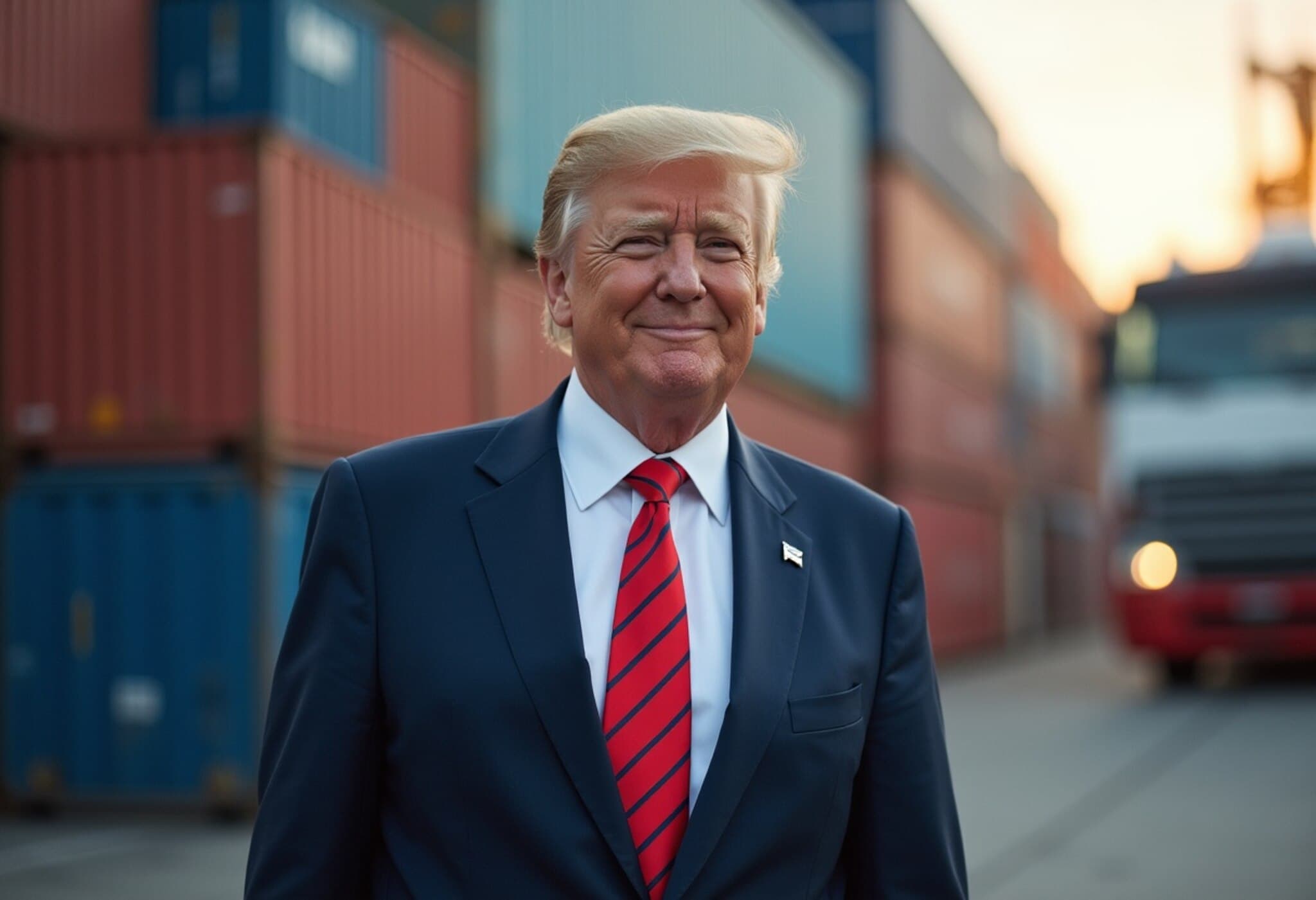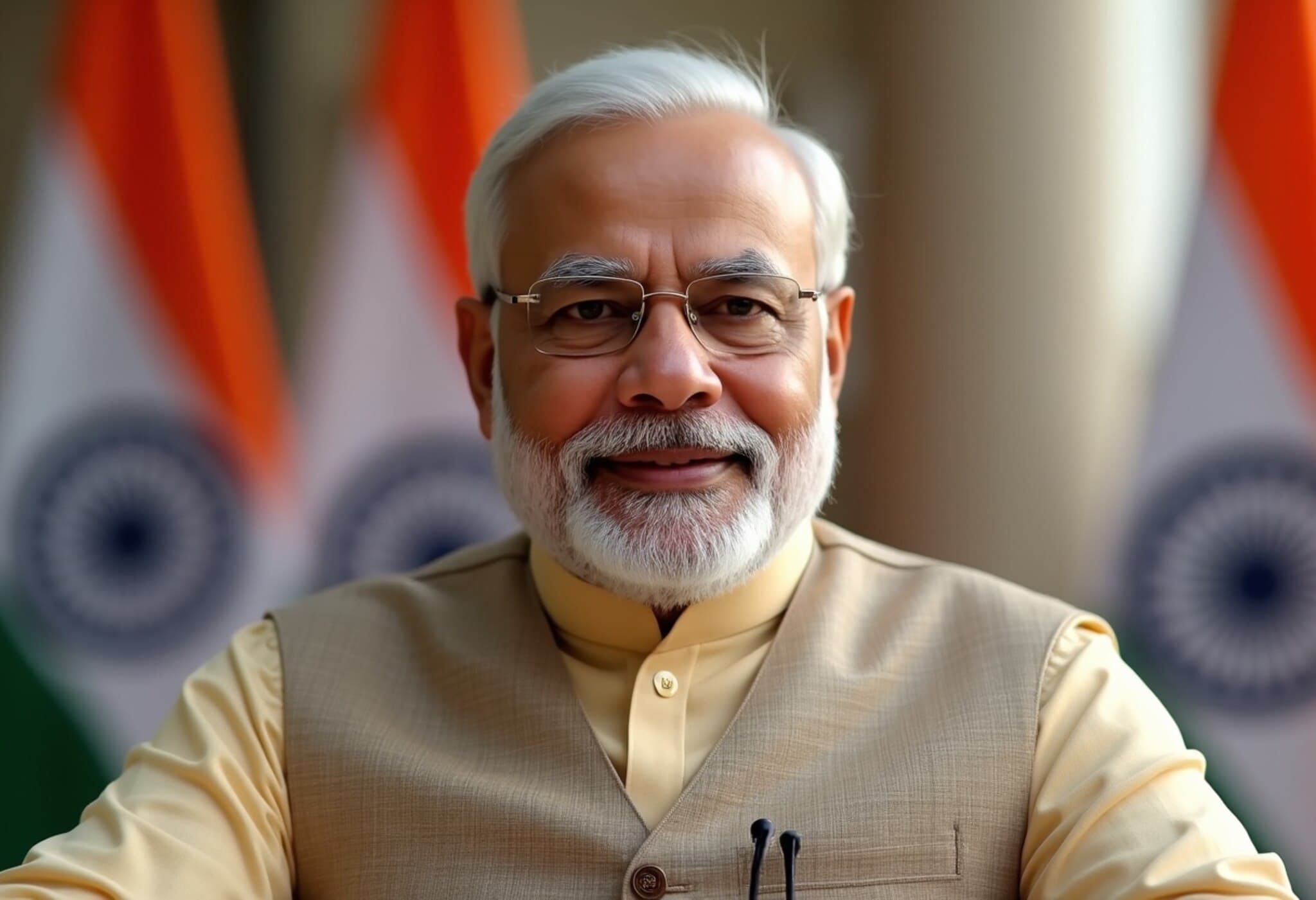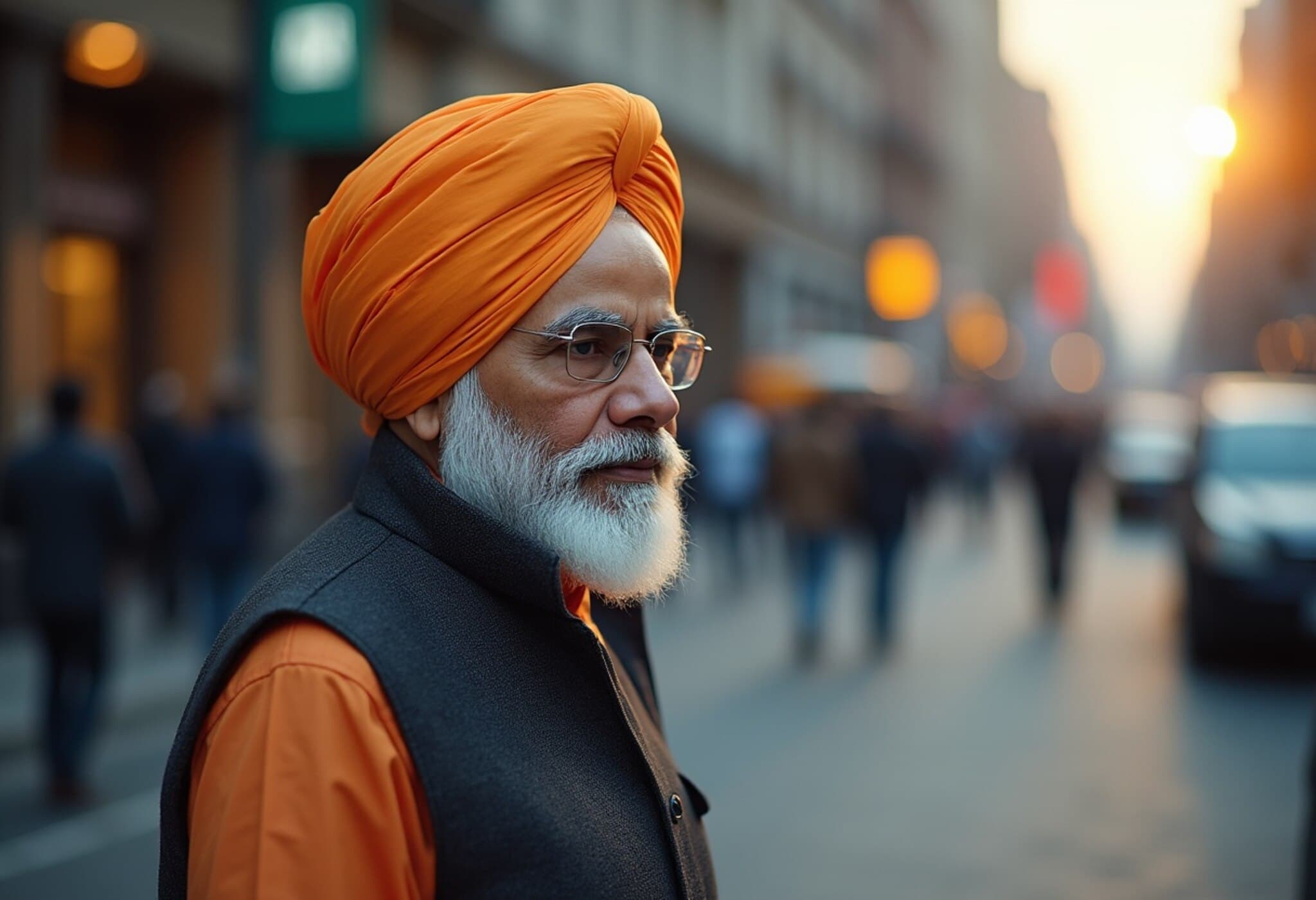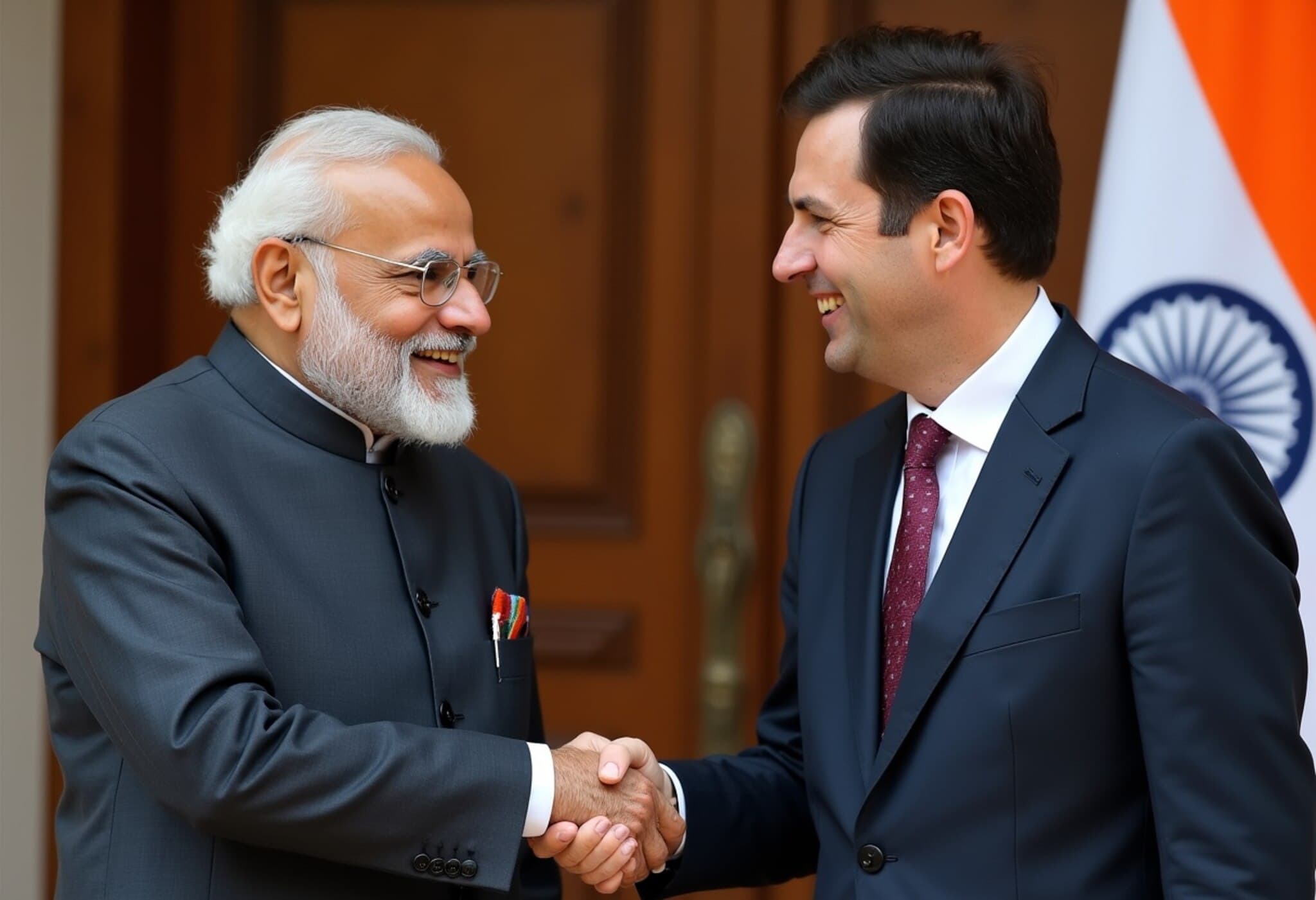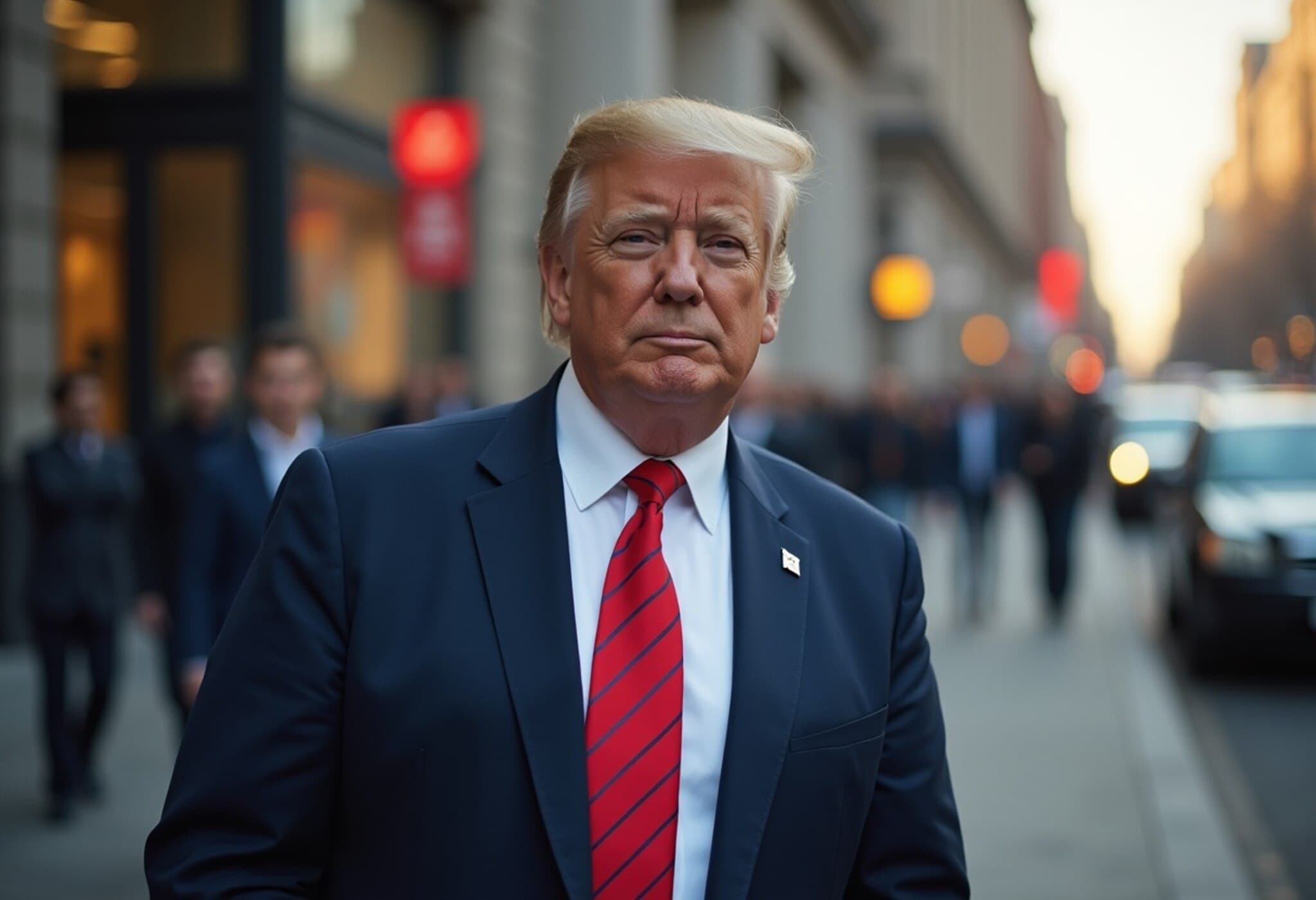Australia's Beef Trade Policy Shift: Science Over Politics
In a significant development for international agricultural trade, Australian Prime Minister Anthony Albanese clarified on Sunday that the recent decision to ease restrictions on US beef imports was driven by a decade-long scientific review, not political influence from former US President Donald Trump. This move could reshape trade dialogues between the two nations but comes rooted in biosecurity assessments rather than diplomatic maneuvering.
Background: Concerns Rooted in Mad Cow Disease
Since 2003, Australia had maintained stringent restrictions on US beef amidst concerns around bovine spongiform encephalopathy (BSE), commonly known as mad cow disease. This neurological disorder not only threatens cattle populations but poses serious health risks to humans consuming contaminated meat.
Following comprehensive evaluations spanning over ten years, Australian authorities concluded that US biosecurity measures—especially around cattle movement monitoring—have effectively minimized these risks, allowing for a prudent relaxation of import curbs.
Trump’s Claims and Albanese’s Response
Earlier this week, former President Trump touted US ambitions to dramatically increase beef exports to Australia, linking the policy easing to his administration’s trade efforts. However, PM Albanese firmly rejected this narrative, emphasizing on the Australian Broadcasting Corporation that the process was independent of political influence.
“No, this has been a process that has been there for 10 years, the review process. This wasn’t a political decision,” Albanese stated, adding that Trump had never raised the topic in their communications.
Meanwhile, US Agriculture Secretary Brooke Rollins celebrated the change as a victory for Trump’s trade priorities, underscoring competing perspectives within the bilateral dialogue.
Trade Dynamics and Economic Perspectives
Trade experts caution that despite relaxed regulations, actual US beef exports to Australia might not surge substantially. Australia itself is a leading global beef producer and exporter, with competitive pricing that could limit Australian demand for US imports.
- In 2024, Australia exported approximately 400,000 metric tons of beef to the US, valued at about $2.9 billion.
- Conversely, the US exported a mere 269 metric tons to Australia during the same period.
The Australian Financial Review revealed that Canberra may leverage the eased beef import rules in negotiations pressing the US to reduce tariffs on steel, aluminium, and pharmaceuticals — areas still impacted by trade tensions initiated during Trump’s presidency.
Political Reactions and Calls for Scientific Oversight
The National Party, part of Australia’s conservative opposition, reiterated that biosecurity should remain above political debates. It urged the government to commission an independent scientific panel to review the policy change, reflecting concerns about the integrity and transparency of decisions impacting public health and economic interests.
Expert Commentary: Balancing Trade and Biosecurity
This policy shift is a vivid example of the delicate interplay between science-driven risk management and geopolitical trade agendas. Maintaining robust biosecurity is paramount for agricultural economies like Australia’s, which heavily depend on trusted food exports to sustain global market confidence. At the same time, easing trade barriers can signal goodwill and foster stronger economic ties, especially in politically complicated environments.
While political figures might emphasize immediate trade wins, sustained cooperation often depends on transparent, science-based frameworks that protect public health while facilitating commerce—a balance both Australia and the United States need to navigate carefully.
Looking Ahead: Questions for Stakeholders
- Will the relaxation of beef import rules significantly alter US-Australia trade balances in the coming years?
- How will Australian policymakers ensure biosecurity remains insulated from future political pressures?
- Could this adjustment set a precedent for revising other import restrictions based on evolving scientific understandings?
Editor’s Note
Australia’s recalibration of US beef import policies underscores the enduring importance of science-guided decisions in international trade, especially in sectors tied closely to public health. As global trade environments remain fluid, the episode invites reflection on how nations balance economic ambitions with safety standards, and how transparent dialogue can build trust amid competing interests. Readers should watch how these changes influence not only beef markets but also wider US-Australia relations in an era increasingly defined by strategic partnerships and trade diplomacy.



